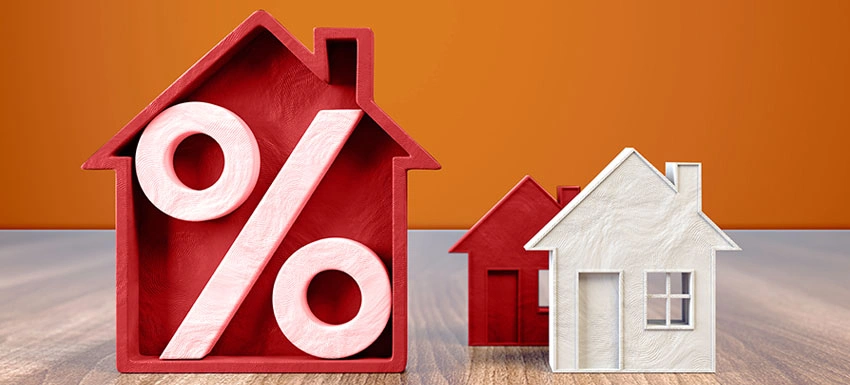
Understanding Interest Rates on House Loans
Introduction
Buying a house is a monumental milestone for many, but it often involves navigating the complex world of loans and interest rates. Understanding how interest rates on house loans work is crucial for making informed decisions that could save you thousands of dollars in the long run.
Understanding Interest Rates
Interest rates play a pivotal role in determining the cost of borrowing money for a home purchase. Simply put, an interest rate is the percentage charged by lenders for the use of their money. When you take out a house loan, you agree to repay the amount borrowed plus interest over a specified period.
Types of Interest Rates
There are primarily two types of renewablefuelsnow.org/: fixed and variable. Fixed interest rates remain constant throughout the loan term, providing stability and predictability in monthly payments. In contrast, variable interest rates fluctuate based on market conditions, potentially offering lower initial rates but subject to increase over time.
Factors Influencing Rates
Several factors influence the interest rate you’ll be offered on a house loan. Lenders consider factors such as your credit score, down payment amount, loan term, and prevailing market conditions when determining your interest rate.
Importance of Low Rates
Securing a low interest rate can significantly impact the overall cost of homeownership. Even a fraction of a percentage point difference in interest rates can translate into substantial savings over the life of a loan, making it imperative for borrowers to strive for the lowest rate possible.
How to Get a Low Rate
Achieving a low interest rate requires careful planning and consideration of various factors. Maintaining a high credit score is essential, as borrowers with higher credit scores typically qualify for lower interest rates. Additionally, making a larger down payment can lower your loan-to-value ratio, making you less risky to lenders and potentially resulting in a lower interest rate.
Comparison Shopping
One of the most effective ways to secure a low interest rate is by shopping around and comparing offers from multiple lenders. Each lender may offer different rates and terms, so it’s essential to explore your options and negotiate for the best deal.
Fixed vs. Variable Rates
Choosing between a fixed or variable interest rate depends on your risk tolerance and financial goals. Fixed rates provide stability and protection against interest rate hikes, whereas variable rates offer the possibility of lower initial payments but carry the risk of future increases.
Negotiating Rates
Don’t be afraid to negotiate with lenders to secure a lower interest rate. Armed with knowledge about prevailing rates and competing offers, borrowers can often negotiate for more favorable terms, potentially saving thousands of dollars over the life of the loan.
Economic Factors
House loan interest rates are influenced by various economic factors, including Federal Reserve policy and inflation. Changes in these economic indicators can affect interest rates, making it essential for borrowers to stay informed about market trends.
Predicting Rate Changes
While it’s impossible to predict interest rate changes with certainty, certain indicators such as economic data and Federal Reserve announcements can provide insights into future rate movements. By staying informed and monitoring market conditions, borrowers can make more informed decisions regarding their house loans.
Conclusion
Securing a favorable interest rate on a house loan can make a significant difference in the overall affordability of homeownership. By understanding how interest rates work, shopping around for the best deal, and staying informed about economic factors, borrowers can take proactive steps to minimize their borrowing costs and achieve their homeownership dreams.